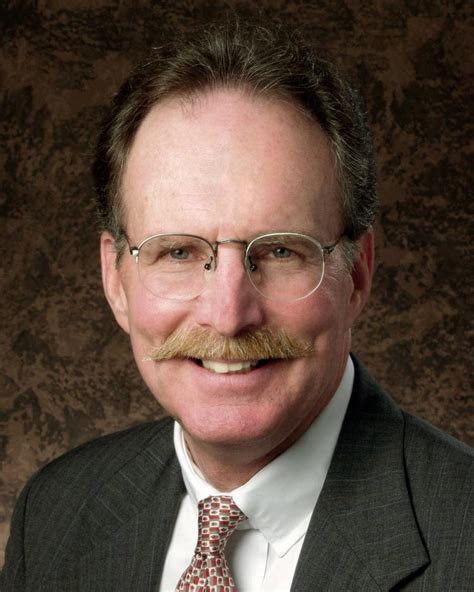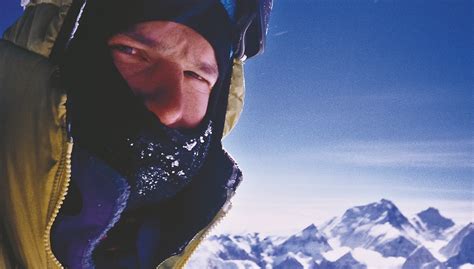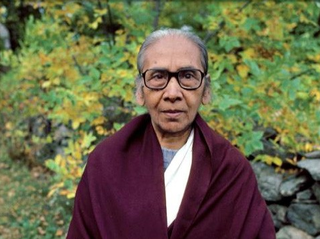A Quote by Michael Kennedy
It's about the pleasure of being in the mountains, traveling efficiently over the terrain, having that sense of dynamic motion which you don't get when you're on foot.
Related Quotes
There are two things I love about Temescal. One is the sense of space that you get when you get to the top. You can see for ages. You can see the ocean spread out before you, but you also feel like you're in the mountains. And second is the smell of it, which I love most when I've been traveling a long time.
For my equipment, we're not about running. We're about wheels, action sports, and that type of thing. So we want range of motion and shock absorption. The foot itself has 28 degrees of ankle motion as you press into it or you put weight into it. A typical running or walking foot has kind of around 10 to 12, at max, flex at the toe.
When desire, having rejected reason and overpowered judgment which leads to right, is set in the direction of the pleasure which beauty can inspire, and when again under the influence of its kindred desires it is moved with violent motion towards the beauty of corporeal forms, it acquires a surname from this very violent motion, and is called love.
There are three sorts of pleasures which are advantageous, and three which are injurious. Finding pleasure in the discriminating study of ceremonies and music, finding pleasure in discussing the good points in the conduct of others, and finding pleasure in having many wise friends, these are advantageous. But finding pleasure in profligate enjoyments, finding pleasure in idle gadding about, and finding pleasure in feasting, these are injurious.
If you build - if you spend billions of taxpayer dollars to build a wall over, let's say, a mountain, if you build a 10-foot wall over a 10,000-foot mountain, and someone is determined to climb the 10,000-foot mountain, they're not going to be deterred by the 10-foot wall. It's a matter of common sense.
It is important to distinguish between sense-pleasure and sense-desire. There is nothing wrong with sense-pleasure. Pleasure and pain are part of our human experience. Sense-desire, on the other hand, is the grasping at pleasure or the avoidance of pain. This is what creates suffering-grasping and avoidance.
We know there are certain chemicals that are designed to give us a rush of pleasure. But, one of the most amazing things about being human is our capacity to override that pleasure. To either say, 'I don't need that pleasure right now. I'm going to ignore the craving.' Or to find something else that we find a deeper sense of reward from.
The famous Zen parable about the master for whom, before his studies, mountains were only mountains, but during his studies mountains were no longer mountains, and afterward mountains were again mountains could be interpreted as an alleory about [the perpetual paradox that when one is closest to a destination one is also the farthest).



































